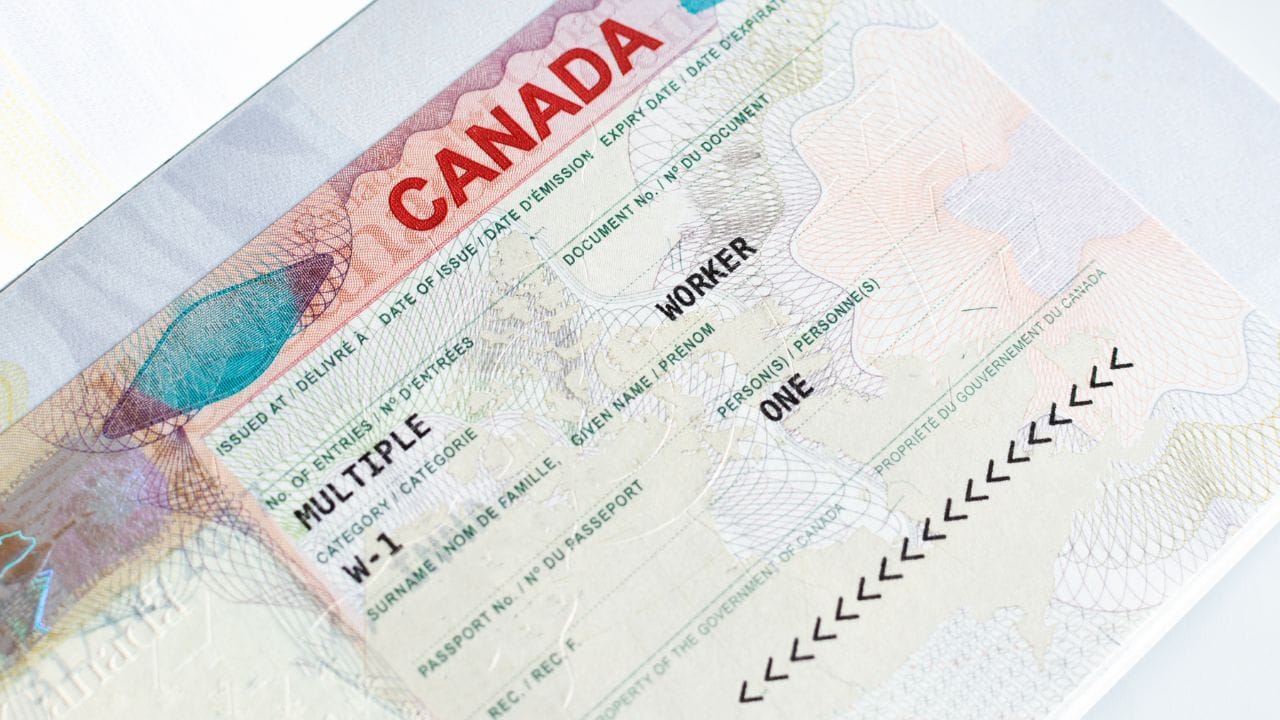The Intra-Company Transeree program under section R205(a) of the International Mobility Program is updated in the Canada Work Permit Without LMIA. This amendment aims at facilitating the process by which the MNC transfer workers across international borders to branch offices within Canada through the updation of eligibility requirements and making the procedure less cumbersome. Today, I will share everything related to the free trade agreements tied with work permits and updates related to them in regards to Canada.
What is the intra-company transferee program?
The Intra-Company Transferee Program allows multinational employers to transfer key employees from their foreign operations to their Canadian branches, including executives, managers, or other workers whose special knowledge performs an essential function for the organization. Perhaps one of its major advantages is that it does not require a labor market impact assessment, which makes the process generally faster and even simpler for employers.
Important Changes on the Intra-Company Transferee (ICT) Program
IRCC recently put into effect the following major changes to Section R205(a) of the Intra-Company Transferee Program :
1. Clarification of Multinational Corporation
One of the most significant changes is that what constitutes a MNC is well defined.
Intra-company transfers must now originate from a foreign enterprise that is part of an established multinational corporation (MNC). IRCC has given its staff specific guidelines to arrive at whether an enterprise meets the requirements and hence qualifies as an MNC in the current practice.
2. Specialized Knowledge Definition
What also came apparent was what “specialized knowledge” meant. Now, officers must assess the applicant’s specialized knowledge and whether the position in Canada is at all actually in a field of expertise requiring such knowledge. This would ensure that under the Intra-Company Transferee program only the most unique, highly valuable skills are allowed into Canada.
3. Eligibility Requirements for Foreign Nationals
The new guidelines give a clearer policy about eligibility criteria to foreign nationals who wish to be admitted under the ICT program, entrusting only those fit with specific qualifications for executive, managerial, or specialized knowledge roles.
4. Consolidation of Instructions
All instructions for ICTs under R205(a) are now consolidated into one easy-to-navigate resource page. This step will hopefully make the application process easier for officers and applicants to manage with less of a possibility for confusion or mistakes.
5. Improved requirements Documentation
This update will focus on the need for officers to include all the evidence for ICT applications within the GCMS. An improvement of the application process through transparency and accountability is also the objective of this update.
Improvements of Free Trade Agreements about the International Mobility Program
The IRCC has not only updated policy changes in the Intra-Company Transferee Canada but also brought about significant changes to free trade agreements associated with the International Mobility Program. More specifically, paragraphs R186(s) and R204(a) have been updated with adopting new standards that are instituted within the following agreements :
- Canada-United States-Mexico Agreement (CUSMA)
- Canada-Korea Free Trade Agreement
- Canada-Peru Free Trade Agreement
- Canada-Colombia Free Trade Agreement
- Canada-Chile Free Trade Agreement
- Canada-EU Comprehensive Economic and Trade Agreement (CETA)
- Canada-UK Trade Continuity Agreement
CPTPP: Standard format and guidance on standardization of information and application for ICTs under each FTA so that an applicant easily navigates and standardizes the application.
Each FTA will have separate pages for temporary work provisions as well as an overview page with quick reference details.
The International Mobility Program
The International Mobility Program is a tool designed to facilitate the mobility of international talent into Canada. Subjected to the provisions of the IMP, companies can transfer employees to work in Canada without having to undergo the process of getting an LMIA, which usually saves all the time that such a process requires. More often than not, LMIAs are needed to ensure that the hiring of a foreign worker will not adversely affect Canadian workers. This removed requirement assists in streamlining the process for companies needing to bring key talent into the country quickly and efficiently in Canada Work Permit Without LMIA.
Conclusion
As announced by the most recent changes in Canada’s Intra-Company Transferee Program, the country has been tirelessly striving to increase its talent intake into the country, with all eligibility standards being kept tight. IRCC clarifies definitions, consolidates resources, and enhances documentation of the program to make it accessible yet focused on bringing in the right amount of skills to be highly boosted in Canada’s economy.
Thus, the relaxation on rules for transferring key employees of multinational corporations in Canada would be helpful, but applications should be considered keeping all the eligibility criteria in check. There is no doubt that as Canada continues to amend its immigration policies, the changes must be kept updated, and one should not fail to keep updated on the same issues as businesses and applicants.





